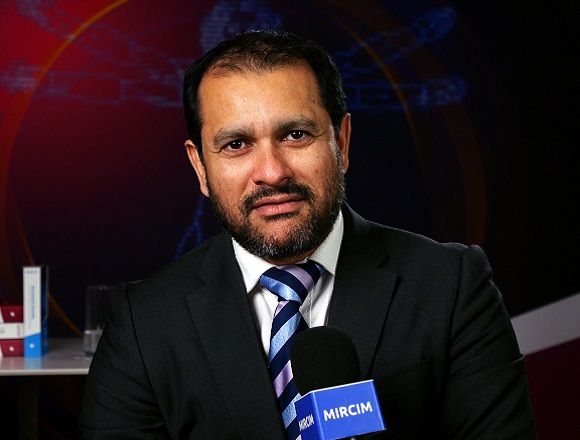Ally Prebtani, MD, is a professor of medicine in the Division of Endocrinology and Metabolism at McMaster University.
How to treat acute and chronic hypercalcemia in patients with cancer?
Ally Prebtani, MD: In patients with acute hypercalcemia in general—in particular, the most common cause of acute severe hypercalcemia being cancer—the mainstay of therapy is giving them lots of fluids, intravenous fluids—whether it’s intravenous normal saline or intravenous Ringer lactate.
The next step then, if the calcium is very high, is to give them a drug called calcitonin, which can be given subcutaneously or intramuscularly. This is often given for 2 to 3 days’ time, because often the effect wears off, and thereafter for the next few days you want to give them a dose of a bisphosphonate-type of medication, either intravenous zoledronic acid or intravenous pamidronate. And usually this acts within 2 to 3 days’ time, and the effect can actually peak at ~7 days’ time, and then it can last ~3 to 4 weeks’ time.
If that doesn’t work and they still have refractory hypercalcemia, then you might want to consider giving a drug such as denosumab (or Prolia), which is given subcutaneously at a dose of 120 milligrams. And this is much more effective than bisphosphonates, although for the most part bisphosphonates, calcitonin, and intravenous fluids will do the trick. But there may be times when you want to use denosumab.
Regardless of all these therapies, you always want to look for an underlying cause, because until you treat the underlying cause, you won’t get to the root of the problem. So, if it’s a cancer, you want to treat the underlying cancer. If it’s primary hyperparathyroidism, you want to treat the cause of the underlying primary hyperparathyroidism, etc.
With chronic mild hypercalcemia, often oral hydration can be very, very helpful to make sure the patient stays hydrated. And if it’s moderately elevated, you may consider giving a dose of pamidronate or zoledronic acid. But for mild and chronic hypercalcemia, you really want to find the cause of the hypercalcemia. And until you treat that, you’re not going to get to the root of the cause.
 English
English
 Español
Español
 українська
українська






